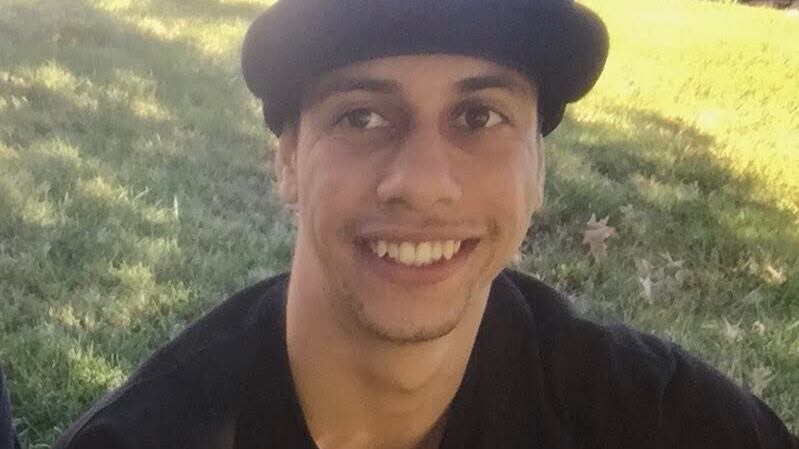Two years after Terrell Johnson, 24, was shot by a Portland Police officer, his mother has filed a federal lawsuit against the city and the officer, now a police sergeant.
"My son Terrell was a loving and kind person who would do anything to help anyone who needed it," says Alicia Johnson in a statement. "He was a blessing to our family, and we are still dealing with the pain of losing him and of seeing his reputation tarnished. I'm bringing this lawsuit because I want to see the accountability that has been sadly lacking from Portland Police. I want justice for Terrell, and I want to help prevent this happening to another family."
Terrell Johnson, who was biracial, was having a mental health crisis and had previously and unsuccessfully had sought mental health and drug addiction treatment, the lawsuit states. He was probably homeless, his family's attorney says.
The lawsuit alleges that now-Sergeant Samson Ajir failed to follow police bureau directives, and the city failed to train its officers. The shooting is "illustrative of a pattern and practice of PPB officers violating the Fourth Amendment rights individuals experiencing mental illness and houselessness," the complaint also states.
A Multnomah County grand jury cleared Ajir of criminal wrongdoing in June 2017.
The lawsuit caps a tumultuous week in the courts surrounding police shootings. Over the past eight days, the Multnomah County District Attorney's Office has released grand jury transcripts from two fatal shootings by officers—including a Jan. 6 case where officers responding to a report of a man asleep on a porch shot and killed Andre C. Gladen, who was mentally distressed and legally blind, inside a stranger's house.
The city is still operating under a 2014 settlement of a federal lawsuit over Portland police shooting of mentally ill people.
"Officer Ajir wasn't following his training when he chased Terrell Johnson down the MAX tracks," says Juan Chavez, attorney and Director of the Civil Rights Project of the Oregon Justice Resource Center, which is representing Alicia Johnson, in a statement. "If he had done what he was supposed to, Terrell's death could have been avoided. [The] chain of command within the Bureau and the City of Portland itself should also be held responsible. This isn't about one bad apple; this is a cultural and systemic problem within the Portland Police Bureau."

